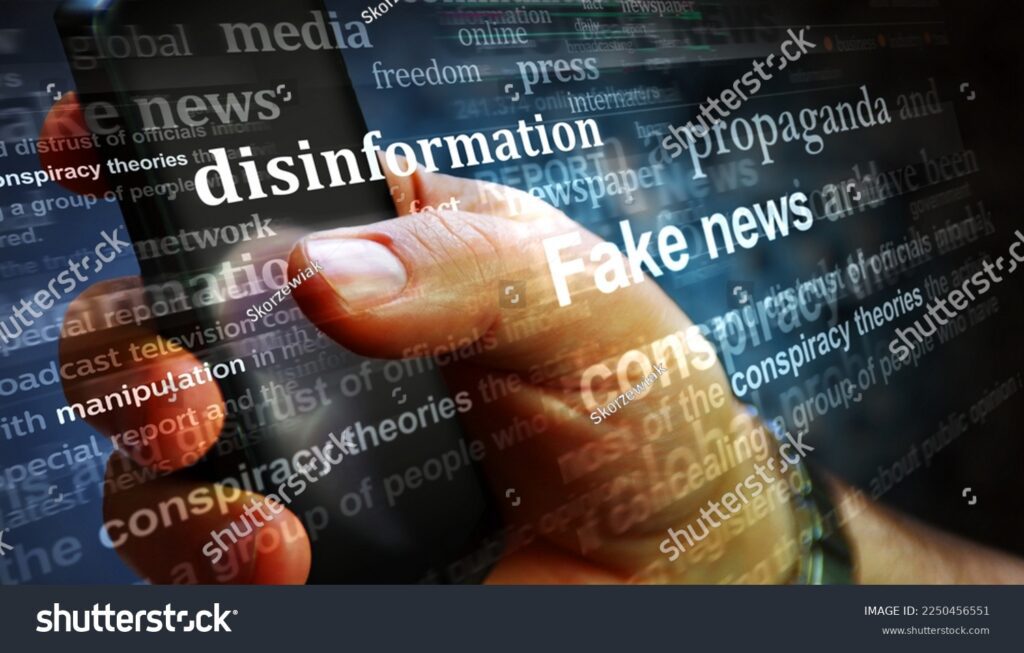Summary:
Identity-based disinformation (IBD) poses a significant challenge in preventing and countering violent extremism (P/CVE). By exploiting identity characteristics such as gender, race, and religion, IBD can undermine community cohesion and bolster extremist narratives. Cases like anti-Rohingya propaganda in Myanmar and the Great Replacement conspiracy in Western nations showcase IBD’s role in inciting violence and radicalization.
IBD’s effectiveness lies in its alignment with existing societal biases, making it more challenging to counter than other disinformation forms. Traditional debunking methods often fall short due to the emotional ties individuals have with their identities, as direct confrontation can trigger defensiveness rather than openness. Moreover, IBD thrives in closed online spaces, complicating technological countermeasures.
Existing counter-narrative strategies often focus on debunking lies or challenging ideologies, which have shown limited success. Evidence suggests that factors such as personal grievances and psychological needs often drive extremism, rather than ideology alone. Consequently, approaches that provoke a “backfire effect” may reinforce the extremist’s narrative rather than dismantle it.
A proposed solution is the Positive Identity Expansion approach, operationalized through the Equal-Alternative Narrative (EAN) model, which offers pro-social narratives that fulfill the underlying psychological needs exploited by IBD. This method aims to broaden individuals’ senses of identity, drawing on authentic cultural references and promoting inclusive values. The Reclaiming Our Narratives toolkit supports this approach by providing a structured method for communities to construct their narratives, emphasizing contextual understanding and the importance of trusted voices.
In conclusion, countering IBD requires a shift from traditional debunking to building psychological resilience and fostering inclusive identities. The Positive Identity Expansion strategy and its accompanying toolkit provide innovative pathways to combat the divisive nature of identity-based disinformation by encouraging communities to reclaim their narratives and understand the root vulnerabilities exploited by malign actors.



